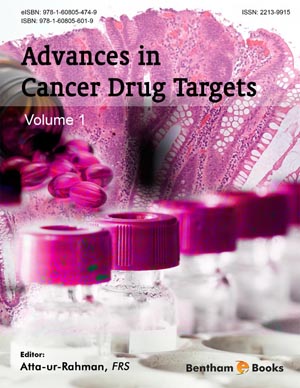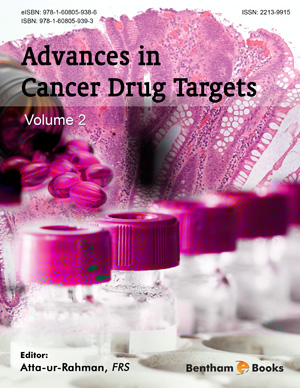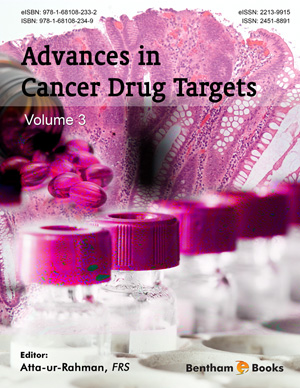Abstract
Anthracyclines rank among the most effective anticancer agents ever developed. Nevertheless, the clinical use of anthracyclines can be viewed as a sort of double-edged sword. On the one hand, anthracycline antibiotics are extensively used in conventional chemotherapy of solid tumors and hematological malignancies. On the other hand, the clinical efficacy of the drugs is limited by severe side effects, particularly cardiotoxicity, and the development of multiple mechanisms of cellular drug resistance. Therefore, several strategies for improving the efficacy of currently approved anthracyclines have moved along two medicinal chemistry lines, the development of both new analogs and cancer cell-targeted formulations. There is still necessary to develop these new strategies for improving the effectiveness and reducing side effects of the action of anthracyclines, respectively on cancer and normal cells. The current available knowledge on anthracyclines is based on a collection of the original published studies, conference abstracts, and relevant articles.
Keywords: Anthracycline cytotoxicity/cardiotoxicity, anthracyclines, cellular drug resistance, daunorubicin, doxorubicin, mechanisms of anthracycline action, new anthracycline analogs, next generation anthracyclines, tumortargeted formulations.






















